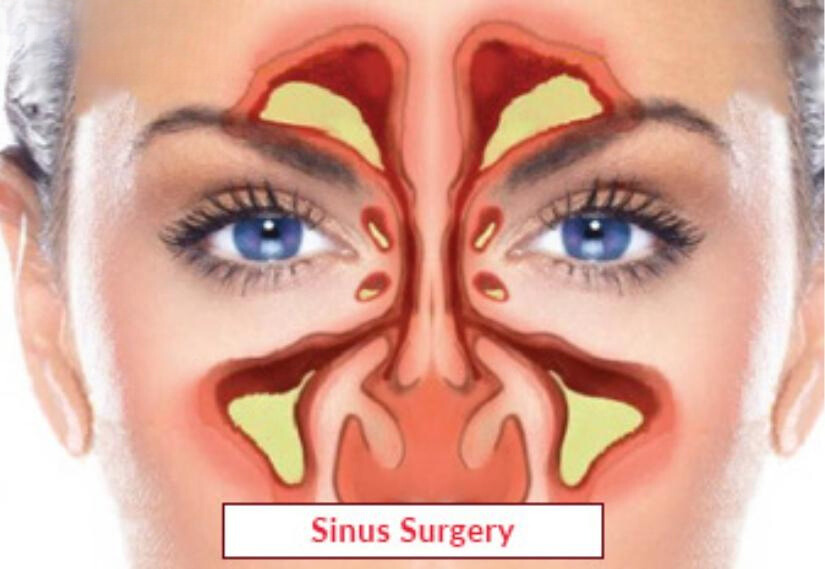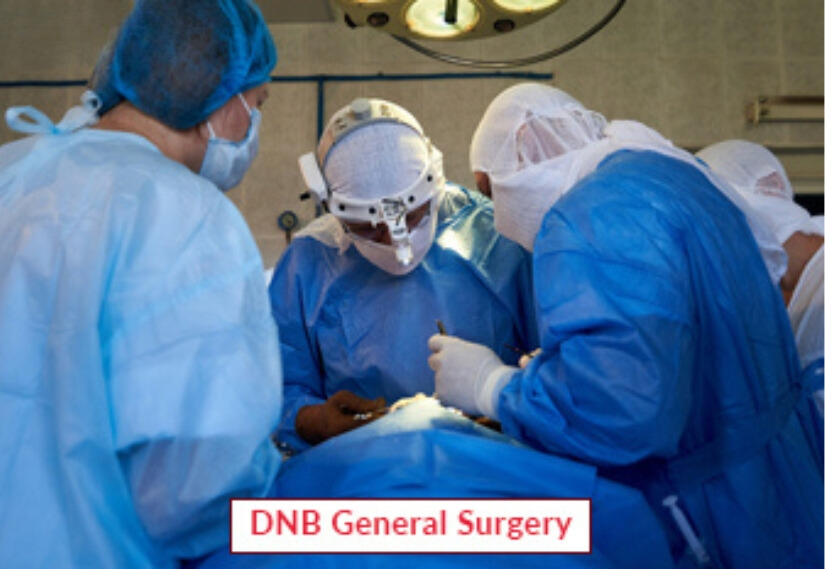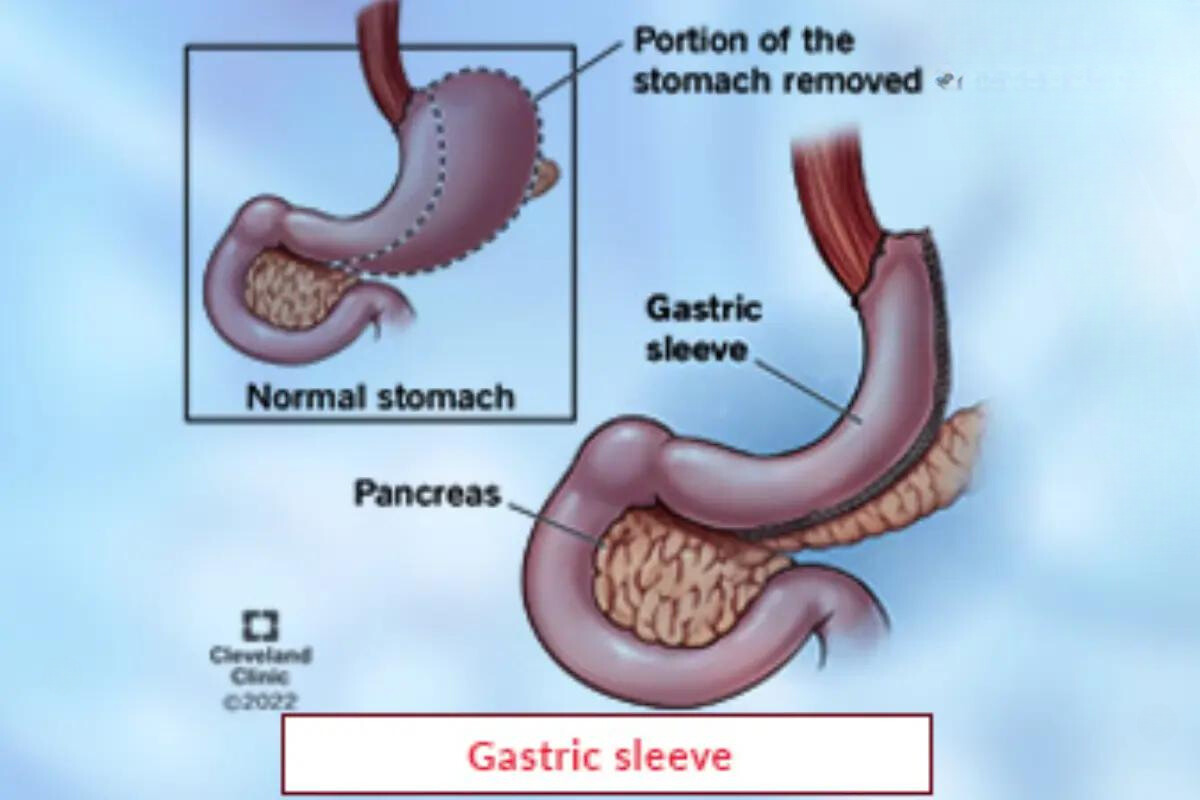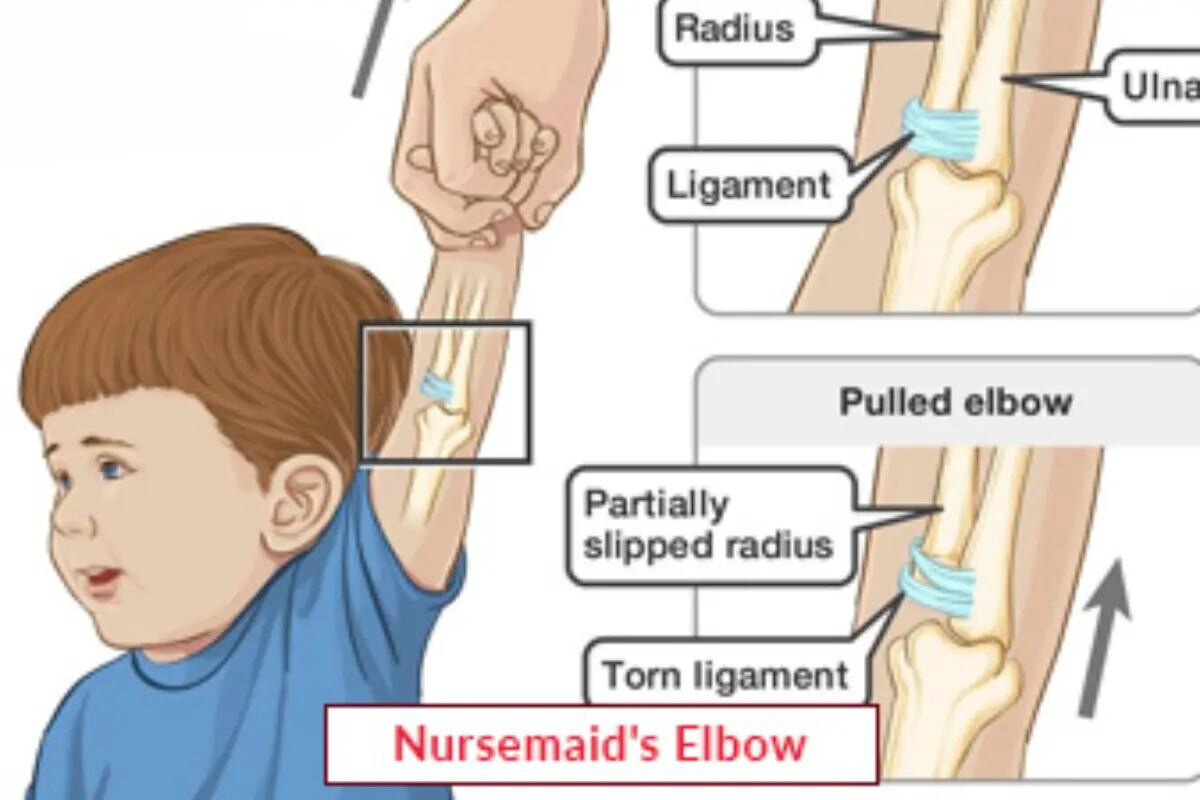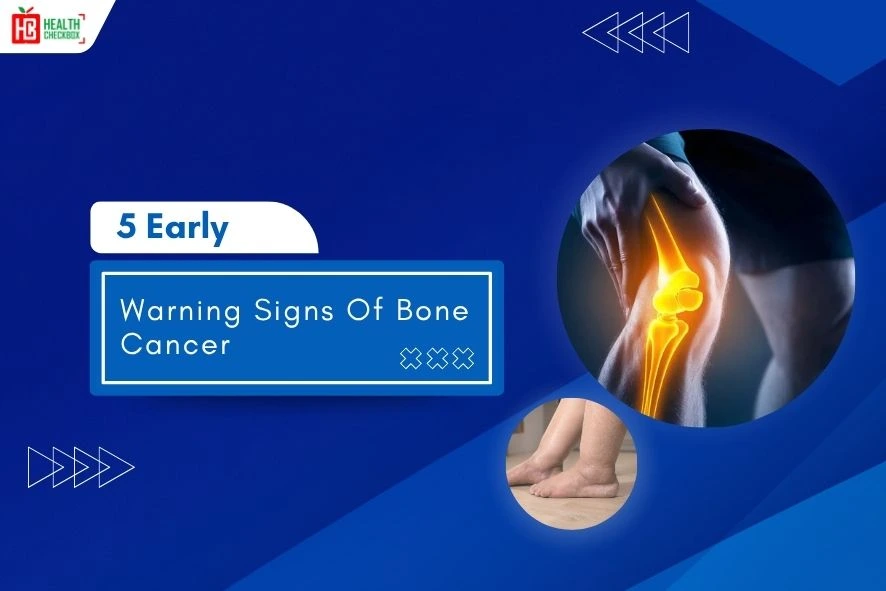This is a minimally invasive procedure that involves no cut and is performed using a small flexible tube in the nasal endoscope activity. Patients go through this surgical process to treat sinus problems.
Anesthesia drug is injected during an endoscopic sinus operation, which generally takes one to two hours to complete. Patients may experience mild discomfort and congestion after surgery, but these side effects usually disappear within a few days.
Overall, there is a good chance that this sinus surgery will improve quality of life and lessen symptoms. This is an effective and safe way to treat persistent sinusitis.
For Whom FESS is Necessary?
- It is a useful option for people with prolonged sinusitis.
- Surgery may be beneficial for those individuals who are suffering from severe or ongoing symptoms such as migraines, loss of taste or smell, or face pain.
- Patients dealing with sinus blockage or obstruction.
- It may be a perfect option for people who have tried medications, nasal sprays, or allergy needles without results.
- For people who are generally in good health, the operation could be recommended. Have no underlying medical issues, such as diabetes or heart disease, that could make it more challenging.
For Whom is Endoscopic Sinus Surgery Not a Good Option?
- Severe systemic diseases
- Infection
- Severe nasal septal deviation
- large nasal polyps
- Orbital involvements or skull base
- Poor general health
- What is The Main Aim of Endoscopic Sinus Surgery?
- It turns down the number and severity of sinus contagion.
- Improves the sinusitis symptoms.
- Sense of smell can be improved.
- It also improves the flow of breathing.
- Improvement in the drainage of the sinuses.
- Improved sleep.
- Reduce the indication of halitosis.
Procedure of Endoscopic Sinus Surgery
Before Process
- Tolerant should inform the doctor if any medical history is there.
- Avoid taking medicines or any other blood thinner. All these drugs can cause post-operative uncontrolled bleeding.
- Patients should not eat anything after midnight before the surgery day.
During the procedure
There are several steps involved in this activity. That are listed below:
- In the first step, a doctor will inject anesthesia drugs so that the patient will sleep during the surgery.
- In the second step, with the help of an endoscope camera, a surgeon reaches the sinuses through the nostril. After that, the medical practitioner will remove all damaged or inflammatory tissues from the inside sinuses.
- A surgeon will remove polyps or scar tissue by using specialized surgical tools.
- A doctor will use tools to enlarge the sinus passage and enhance the drainage. And this will improve the sinus function.
- At the last step, the surgeon will pack the sinuses with gauze when the process is over. This process will stop bleeding and encourage healing.
Postoperative care
- Nasal saline spray can be used every 2 to 3 hours after the operation. It helps to make the nose comfortable and relaxed.
- Sinus rinse kits are used once the pack is removed. It aids in clearing away the leftover material.
- If bleeding occurs, patients can use the oxymetazoline nasal spray.
- It is considered to use medication prescribed by the health care experts, like acetaminophen. These drugs are used to relieve pain.
- After the activity is finished, the nasal airway and breathing should return to normal in two to three weeks.
Risks & Complications After the Process
It is important to discuss these risks and complications with your doctor before the beginning of surgery. Your physician will examine you physically, go over your medical history, and check the possible dangers. Advantages of the process to assist you in making a well-informed choice.
Common Risks
- Some patients may experience changes in their sense of smell or taste after surgery.
- Sinus symptoms may persist or worsen after surgery.
- Patients may experience changes in nasal breathing or resonance after surgery.
- Mild swelling or bruising around the eye is common, but severe cases are rare.
FESS generally has a low number of problems. Potential complications will be discussed with you by your healthcare practitioner, but some of the ones you might encounter are as follows:
- Some claim to have lost their sense of smell entirely or in part.
- Your eyes may well up with tears due to FESS or sinus inflammation.
- With FESS, there is a chance that you will bleed more than normal.
- The fluid around your brain is impacted by this uncommon problem. You risk developing meningitis or brain inflammation if it leaks.
- Following surgery, some patients have reported having double vision or losing eyesight in one eye.
Recovery
Everybody recovers following surgery differently, depending on a variety of factors, including age and overall health. Whether there are any issues during the procedure or recuperation.
This FESS has a relatively short recovery period. It is a treatment that is less invasive. By taking things slowly and paying close attention to your consultant’s postoperative recommendations, you can facilitate a more seamless recovery.
Latest Health Tips
Can Immunotherapy Cure Stage 4 Lung Cancer?
Early Signs of Cervical Cancer
Foods that Kill Cancer: Leafy Vegetables, Grains, & More
What Stage of Cancer is Immunotherapy Used For?
Which is Worse for Cancer, Sugar or Alcohol?
Vaccines That Prevent Cancer
What Kills Cancer Cells in the Body Naturally?
Early Warning Signs of Bone Cancer
Submit Your Enquiry
Testimonials








